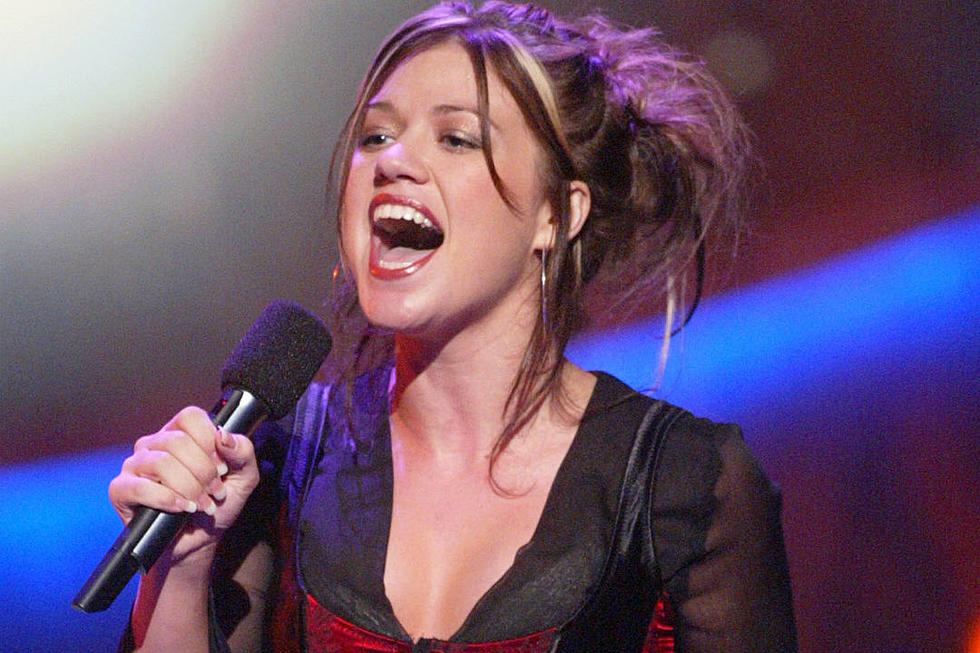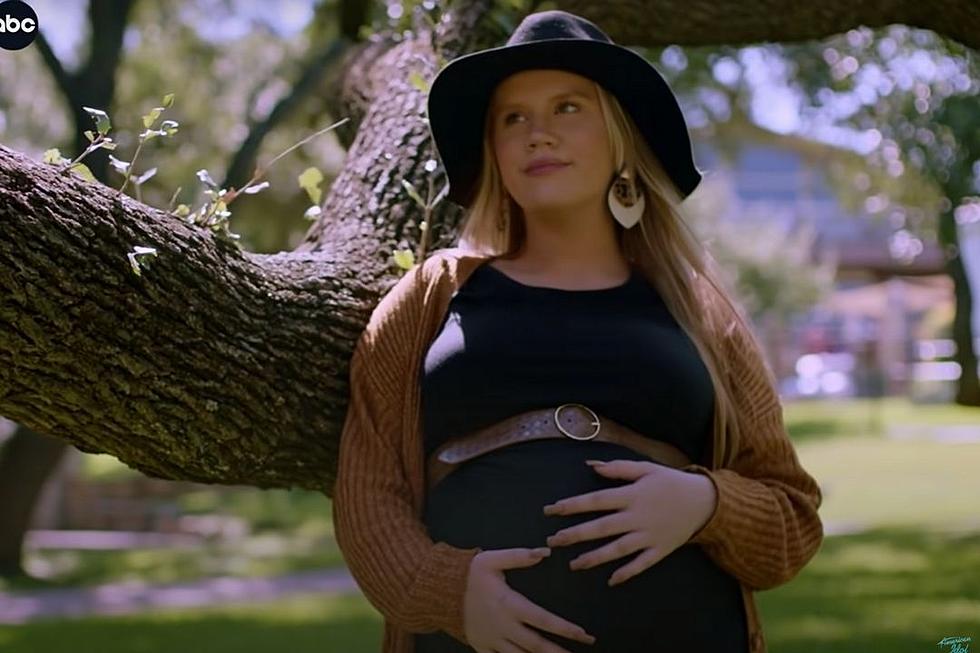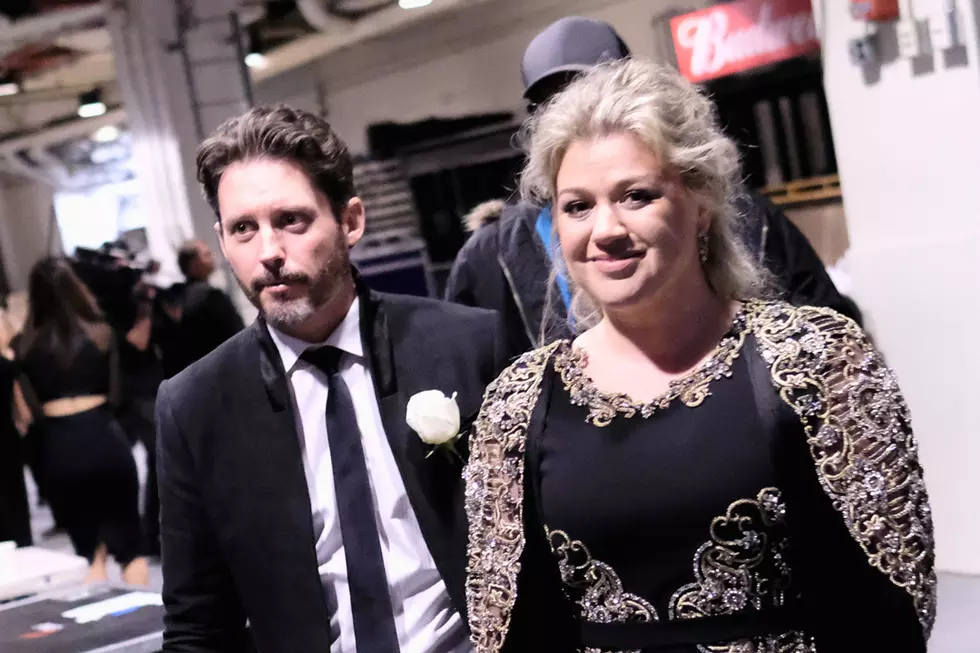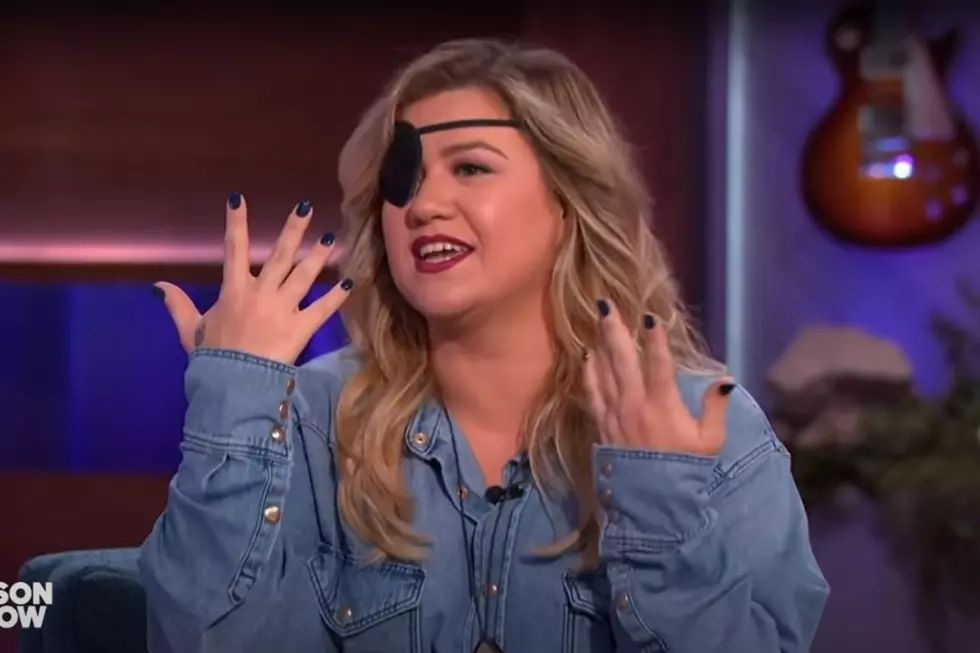
How ‘American Idol’ Cured Me of Teenage Pop Culture Shame
Here's a story I'm typically disinclined to tell: When I was 10, I was cast as a sad dancing clown in a local community theater's production of Barnum. As an aspiring performer I'd hoped for a meatier role, but I resigned myself to the harsh truth that every thespian has to pay his dues. So, I stumbled through simplistic choreography — beneath a polka-dot vest and a layer of traditional Auguste makeup exacted by my mother — for three sold-out sets at Derry, New Hampshire's Opera House.
The production's lead, an eighth-grader named Ashley who had both braces and a precocious vibrato, earned rave reviews for her portrayal of Chairy, the titular P.T. Barnum's adoring wife who died suddenly of heart failure in 1874. I, on the other hand, received what I groundlessly swore were judgmental stares from my father and brother, whom my internal-revisionist historian tells me would have preferred to be anywhere else on opening night. Undeterred, I pushed through my sideshow-shuffle, but I was sure that stage lights had exposed my inaugural battle with masculine inferiority.
The morning before our troupe's final matinee, the town's premiere little league baseball coach called to tell me I'd been drafted onto the area's summer all-star team. I was to be proud of earning one of only 12 spots among 80 hopefuls, he demanded, before detailing the nuts and bolts of an impending kickoff tournament in hallowed Cooperstown, New York. My dad seemed contented, so I committed — then, and for many seasons to come. It's too bad I'd learned how to play the role of competent athlete convincingly, because the Barnum encore was the last time I set foot on stage, and I was a decent singer.
For years, my relationship with art or pop culture was dictated by an instinct to cling to what was least likely to elicit supposition about me, my tastes or what those might indicate when thrust under a microscope. Anything potentially condemnatory, on the other hand, was reflexively buried: copies of Jagged Little Pill and incriminating sister-CDs were tucked beneath proverbial trick-floorboards. The Top 40 lyrics that I'd committed to memory went mysteriously forgotten during carpool rides. I conditioned myself to be colorless, but hey, I forced out a lead base-runner in the 1999 state championship that led to my team's eventual win. My parents still host the hulking trophy in their basement.
A few years after my all-star debut — disinterest in Michelle Branch's "All You Wanted" successfully affected — I remember returning home from a family beach outing and wandering into my parents' empty bedroom for a TV-nightcap. It was the summer before my freshman year of high school, and while Real World had moved to Chicago's Wicker Park and Roswell was waving goodbye to UPN, it was the first season of American Idol that finally caught my attention. I hadn't heard much about it, but in the spirit of secret exploration, I lowered the volume, slowly swung the door toward its frame and listened intently for any trace of encroaching footsteps. Our archaic remote control's buttons had lost most of their sensitivity, and I'd need a five-second head-start to successfully switch the channel from a flashy talent competition to broadcast of that night's Red Sox game in the event I encountered an intruder.
Tamyra Gray, a 22-year-old beauty queen, immediately drew me in with her pitch-perfect rendition of a Motown classic. But I remember thinking the show, which was already down to 10 finalists after a nationwide casting call, seemed cheap otherwise. Justin Guarini's lazy rendition of Stevie Wonder's "For Once in My Life" didn't help matters.
Just as I prepared to re-commit to channel surfing, Idol introduced 20-year-old Kelly Clarkson, whose introductory package included testimony from friends that she routinely arrived to high school classes having forgotten to first slip on shoes. As someone who'd lost his preferred flip-flops to an unruly riptide only hours earlier, I decided I could offer at least five minutes of solidarity.
It didn't take five minutes, or even two, to recognize the enormity of the moment, the power of Kelly's heels-planted timbre or the way her command of the stage cued an immediate shift in my own posture. In 2002, Idol's performances rarely exceeded 90 seconds, and within that limited scope, I knew I'd witnessed something that transcended the novice lighting, clunky camera shifts and inane mumblings of a peroxide-soaked Ryan Seacrest. It was a performance I felt sure would change this person's life; incidentally — at least a little bit — mine followed suit.
Watching Kelly, I instantaneously identified the roots of my pop-culture shame: the way entertainment recklessly championed the untalented-but-marketable, an apparent allergy to anything intellectual and, most damning, its incriminating ties to an abstract femininity. This all stood in stark contrast to the novelty of what Kelly offered: disarming and comedic humility, a layered story that kept me relentlessly engaged and, most importantly, talent that could inspirit. The first of my series of veneers suddenly lifted, and that night, I told my parents — stoic script carefully rehearsed — "There's someone on this new show who's probably the best singer I've heard."
Week after week, by exploring Kelly's life more deeply, Idol consistently delivered mounting evidence that my ignominy was stupid and ill-conceived. Where was the stigma in cheering on a made-from-nothing fighter through the best of Burt Bacharach night? What was so compromising about excitedly following along with competition, or analyzing a series of battles that slowly funneled into a championship victory? The show became my litmus test for how far I could push pop-conversation at the dinner table, and soon, when pitching clinics or batting cage-reservations began to conflict with the Idol schedule, I'd come home to find episodes had been recorded for me. My dad and I began watching together.
"This is such bulls---," he observed the night Tamyra was prematurely eliminated. "It's just wrong."
Sure, there was more reflecting to do. And though I pushed to make more truthful admissions about my tastes, they were initially delivered with the safety net of an apologist's tone. But through the remainder of high school, Idol was a safe space through which I could explore the part of me I had left for dead, even if that experience was specific to Tuesday and Wednesday nights between January and June. More importantly, I re-introduced a side of myself to the people around me I'd previously relegated to moments of solitude. My family and I watched Kelly win together on a weeknight during the first week of class, and I hummed her coronation single during the next day's drive to school. My brother, our shared black Jeep's driver, didn't seem to mind.
It's funny to me when people insist that Idol ruined contemporary music's landscape, as if that hadn't already been a collection of torched plots. What set my experience as a viewer apart from a typical pop fan's blind devotion was fundamental context. If my baseless fears of being judged were ever realized, I was equipped with a series of arguments for why I identified so closely with this star, and how there was justice in my investment since I had seen the whole story unfold. Like a majority of the 23 million people who tuned in to the show's first finale, I felt emboldened to go to bat for our choice, who has since, somewhat ironically, built a career around being unrepentant.
I haven't paid much attention to Idol in recent years, so I can't speak to whether the new judges or its adaptations to social media have made it better or worse (of course, with Twitter and Instagram, all stars' lives are now flexible storybooks). Either way, it doesn't seem to have wavered from its fundamental goal: to serve as an agent of televised optimism. Strangely, on Tuesday night's (April 5) American Idol: American Dream docu-special, infamously slur-y former judge Paula Abdul put its enduring appeal into completely comprehensible context:
"American Idol leaves an inheritance of hope for the American dream, and the dream is still alive," she said. "We've been able to witness it over and over and over again."
Tonight (April 7), though, we'll witness it for the last time. If justice is served (and if Kelly's relentless canvassing is validated), La'Porsha Renae will earn the distinction of final Idol winner. And she'll certainly have big shoes to fill — unless, of course, she mistakenly leaves them behind in a hurry.
Look Back at 10 Defining American Idol Season 1 Moments:
More From My 103.5 FM










